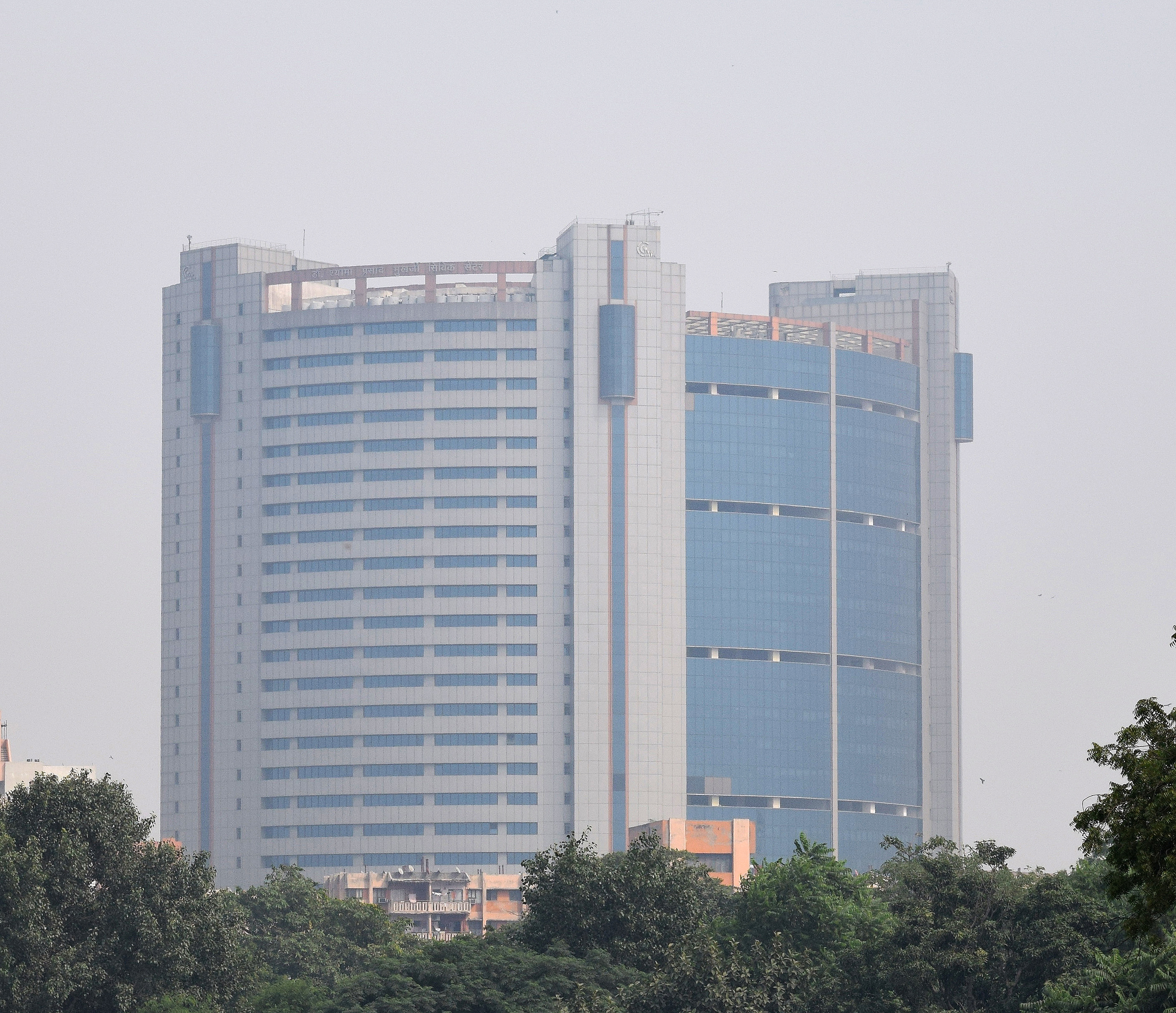Recently, a dear friend of mine remarked that I was a cynic. I wasn't surprised - it wasn't the first time someone had called me a cynic. Yet, each time, it pushes me in to the throes of self-questioning. More specifically, it makes me wonder if I have the right outlook towards life and the world.
I wasn't always a cynic. In fact, even now, I don't think I am genuinely a cynic. I would probably describe myself as an idealist. Now, I don't want to confuse you with isms and so I will explain that a little more. For the longest time, I believed that the perfect world could be created/existed. That more often than not, people are nice, follow the law and do the right thing. It is a matter of record that at some point in my life I even wanted to be Prime Minister. As cliched as it may sound, I wanted to be the change I wanted to see. One of my principal motivations for pursuing law was also this. I wanted to fight for people's rights. I wanted to make a difference. I really believed that the world could be made a better place and that I could do it. I wanted to live a life that mattered.
However, my idealism didn't come alone. It came with truckloads of expectations and immense disappointments. Each time I tried, I failed. The more I trusted others, the more I believed in the world, the more I involved myself with the world, the more I lost hope. To be fair, my cynicism is more a product of my unmet high expectations than any negativity in the world. I expected the best from everybody - that they would give their all. Perhaps, I still do.
I am sure that my current state of mind is a product of several disappointments. While writing this post, I did list them out. However, it started to appear as a long rant and I had to let it go. Suffice to say, that there are several instances and on each of those occasions a warm and gooey part of me died.
However, writing this post made me realise that I was truly blessed. That resurrected some of the warmth and gooeyness. In specific, this year has been a roller coaster and I have come out fine. I finished by law degree. Finally, I travelled to Kedarnath and Badrinath. I bought a new phone. I composed tons of nonsense poetry. I met many wonderful people. Danced like a crazy at many weddings. If I really try, I will see the immense love that fills my life.
I am a theist. I am not going to go into details of my belief. At this juncture, it is enough to state that I would like to believe that the world is filled with pure consciousness. The essence of everything and everyone is that consciousness. There is nothing other than pure consciousness. If that be the case, how can I have a grudge with the world, which in essence is pure consciousness. Therefore, my cynicism is directly in conflict with my desired beliefs; and clearly the former has to go.
A New Year is about to start. New beginnings usually bring about some amount of hope and possibility of change. Here's to a less cynical and more grateful and contented new year.









